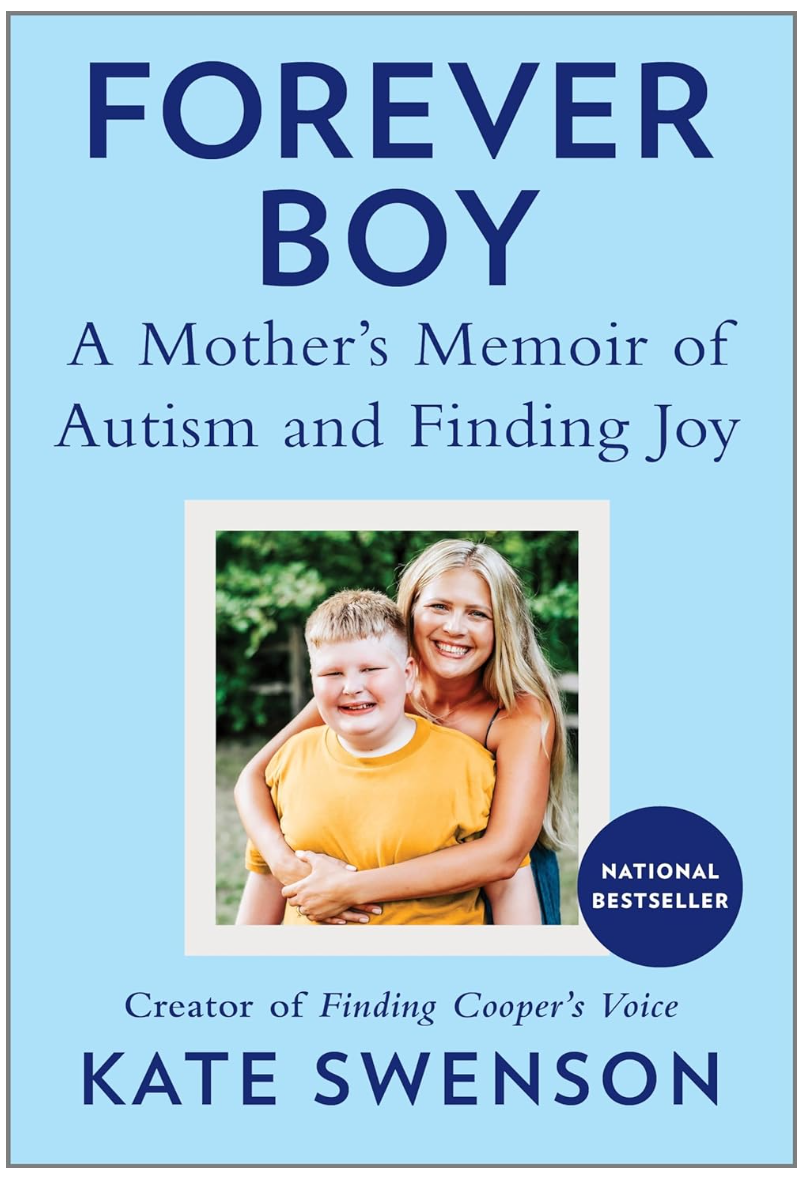Navigating the Autism Maze
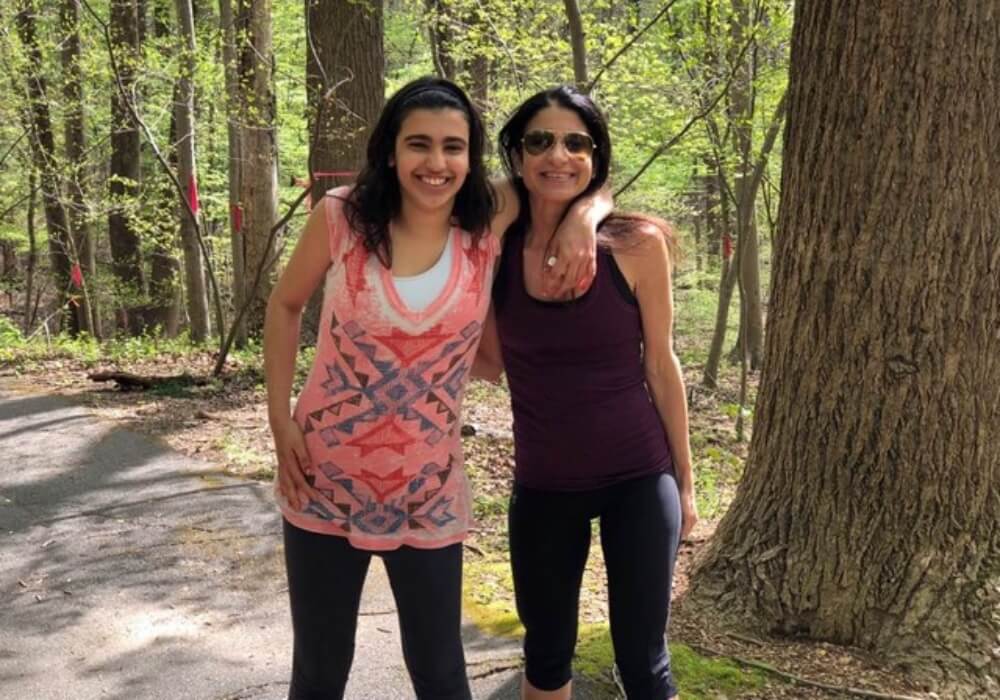
When I first learned our sweet, beautiful daughter had autism I felt as if a tsunami had swept me up, taking with it my family’s happiness and peace.
I thought from here on, our life would be limited to therapies and hardships. I was frightened and uncertain about our now shaky future.
Would our almost three year old daughter ever be able to fully communicate?
What type of relationship could she and I have as she grew older?
She blends in now, but what sort of behaviors might she develop in the future that could ostracize her from the mainstream?
Would she have friends as her autism became more noticeable? Why was she robbed of an even playing field?
Who would take care of her after my husband and I were gone?
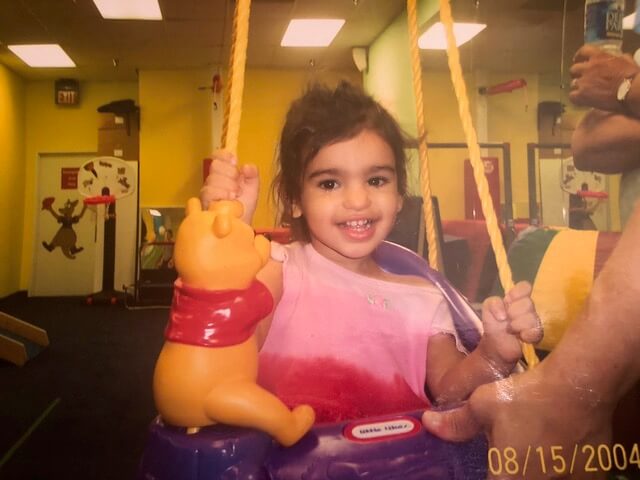
My deep love for our daughter was as strong as before, maybe even stronger, but my plans for her and our family were now crushed.
Nothing my husband said could console me, and why would he even try? His plans too, I felt, were shattered.
When we arrived home after an emotional car ride, my mind was racing in different directions.
I had an enormous amount of work to do. I needed to investigate and add more therapies; but I also still had a sweet precious daughter to attend to.
I wiped my tears so they would not cause her distress. I hugged and kissed her, fighting off more tears.
I put her down and let her run around in circles laughing. At least, at this moment in her two and one-half years of life, she appeared happy.
I knew though, that this happiness would last only until the next time she became out of sorts. Then, she would start shrieking and crying.
Before her autism was diagnosed, we had been told those loud cries were due to temporary teething pain or clogged ears. But my worst fears had now been confirmed.
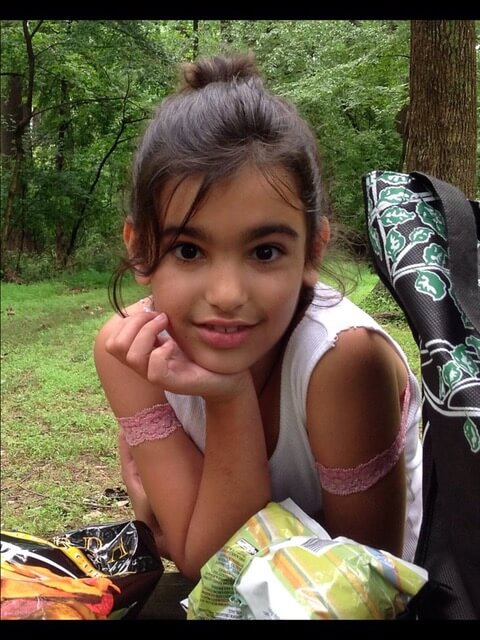
The intermittent meltdowns were, in fact, because of something more pervasive.
They were a symptom of autism and would, among other things, continue to be a challenge for us. The solace I briefly felt from seeing her momentarily happy, returned to worry and gloom.
Sobbing, I called my family and closest friends.
It seemed everyone knew someone who had a child on the autism spectrum, and promised to put me in touch.
Since I have a masters degree in social work and education, my training and professional work provided me with some background.
Still, I did not have any answers regarding my daughter’s prognosis or which treatment would be the best fit for her.
I pulled out my graduate school text books searching for any content related to autism.
I stayed up all night researching on the Internet. The next day, the calls came flooding in.
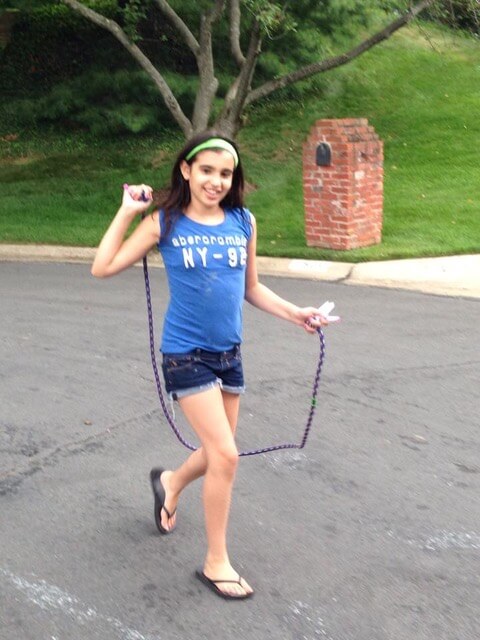
People told me about therapies that helped their cousin, neighbor, sister’s friend or friend of a friend.
Desperate to help our child, I wanted to immediately try every one of the hundreds of therapeutic programs and regiments that had been presented.
The process of choosing among broad and rigid autism home programs became mind-boggling: Some did not seem to fit. Many were contradictory.
Each intervention had both strong advocates and critics.
Some were research-based.
However, we would frequently find that the research was controversial and conclusions subject to contrary expert opinions.
Along with my best intentions, endless effort, and depleting energy given to therapies, came constant guilt and self doubt.
I felt utterly defeated everyday the autism seemed to be stunting our daughter’s development and robbing her and us of calm.
It didn’t help that some consultants were quick to partially blame us as parents.
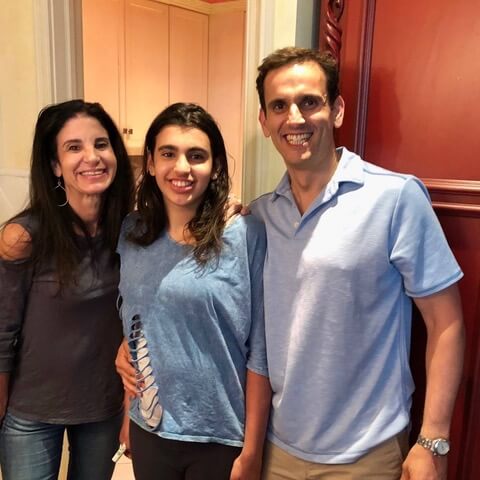
Their attitude was that if we would implement their program more rigorously—devoting more time, hiring better instructors, spending more money, or increasing other outputs— it would yield better results.
No matter that other families who were implementing similar programs also were not seeing quick progress.
It took a few years before it fully became clear who were our best, most effective partners.
They were the consultants, doctors and instructors who were willing to take things day by day, spending quality time with our daughter as a child first, rather than as a project with autism.
I recognized that I needed to do that more as well. This opened the door to bonding and connecting with our daughter on a level I hadn’t realized was possible.
Yes, therapies would continue, but our pace and execution would no longer be dictated by preconceived “autism” notions of what should be done regardless of extenuating factors or individuality.
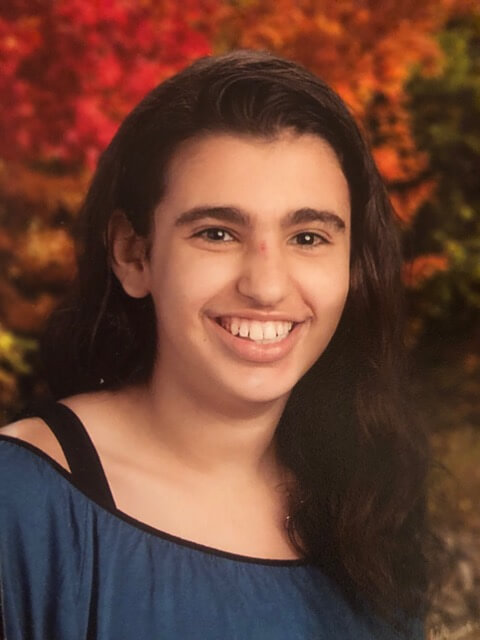
Instead, they would be determined by what she could handle at a given moment. We would always take into account the whole picture, such as her medical condition, sensory overload, involuntary reactions, interests, sense of humor, and her current communication skills.
Now, when I look at my charming, loving, talented sixteen year old daughter who has autism, rather than seeing shattered plans and feeling disappointment, I feel inspiration, admiration, adoration, and infinite love.
Some days are filled with satisfaction, fun, joy and gratitude.
There are also still periodic days or weeks when we have setbacks and autism whacks our family hard. These times are painful, sometimes excruciating, isolating, and exhausting.
However, I now know that they will pass. When the tsunami calms again, we always find our way back, emerging stronger than before.
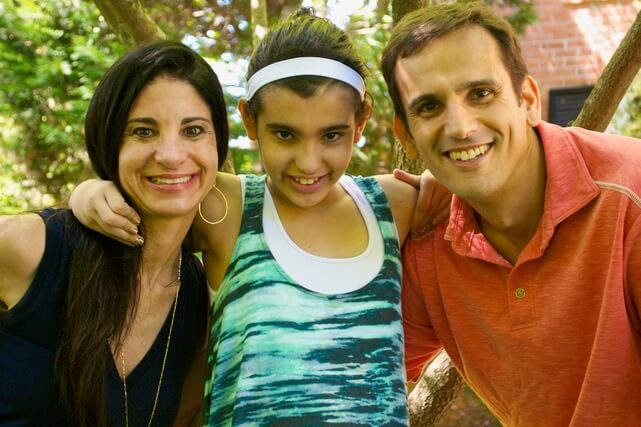
Written by, Linda Orleans
Linda is a mother, wife and holds a Masters Degree in Social Work and Education. She lives in Maryland with her beautiful 16 year old daughter who has autism; and her husband, who specializes in financial planning for families who have a loved one with special needs. Having scaled back from her full-time position as a school social worker, Linda works with schools and the community, assisting in programs designed to help her daughter and others with special needs bond with their neurotypical peers.
Interested in writing for Finding Cooper’s Voice? LEARN MORE
Finding Cooper’s Voice is a safe, humorous, caring and honest place where you can celebrate the unique challenges of parenting a special needs child. Because you’re never alone in the struggles you face. And once you find your people, your allies, your village….all the challenges and struggles will seem just a little bit easier. Welcome to our journey. You can also follow us on Facebook, subscribe for exclusive videos, and subscribe to our newsletter.

